How will society accept the philosophy behind polyamory, so long as couple’s privilege persists?
What is it?
Couple’s privilege is the largely unchallenged mainstream acceptance, of the inherent importance and supremacy of a dyad relationship (mostly exclusive and primarily between a woman and a man).
Couple’s privilege is introduced to us throughout our lives from birth, through children’s stories, religion, popular media and state institutions. It is sustained through tax incentives, cultural encouragement and peer pressure.
It is so ingrained that almost no one thinks there is anything wrong with it. Some examples that come to mind:
- Seats on the train/bus/plane are mostly in pairs
- Buying groceries for one is very difficult
- Dining solo feels wrong
- Ads/commercials for holidays, entertainment etc. always feature a couple
- Marriage is between 2 people
- Marriage provides financial incentives
- Discounts on entrance fees, show tickets, meals and vacations
- 2for1 happy hour deals
- Beds that can fit more than people must be custom ordered and are expensive
- Some landlords will only rent to married, or romantically involved couples and not to 2 friends
- It is so easy to get married, but very complicated and expensive to get divorced
Why should something cost less because 2 people buy it at the same time, but the 3rd person has to pay the single price? Why do incentives for living together or for having kids, only apply to married couples?
Since so much of our aspirations in life are tied up with looking to ‘pair up’, it is unsurprising that few people dare to question this inherent bias. When the gay rights movement fought against discrimination, it was looking to win the right to be ‘just like the straights’ and win the right to marry – rather than challenging the entire legal marriage institution as inherently biased against anyone that does not conform to a mono-normative, alloromantic and allosexual mindset.
I want to acknowledge that the connection between 2 people is the most basic and primal interpersonal connection, beyond the relationship with yourself. We are biologically designed, through our evolution, to seek another single mate (even when not aiming to procreate). Since the vast majority of people arrive at the concept of multigamy (non-monogamy) after initially practising monogamy for a long time, the process is always one of attempting to challenge our established beliefs about dyad relationships. In that sense, most people start from a place of privilege that arises from their status as a couple.
There is so much power in this status. Before women fought for equality and won (sadly still not in all countries), they depended for their survival on coupling up with a man and had to accept the dominant position of the man in the relationship as the price of having financial stability, respectability and respect. In our modern society, women no longer need men for this reason, but the legacy still persists. Traditional Monogamy advocates for a self-view that is a half of a whole, that is only complete and fulfilled when in partnership with another person. Society mirrors this view and constantly affirms it.
How colonialism, racism and capitalism all play a role in enforcing mononormativity and couple’s privilege
I’ve written about the Capitalist model of romance here.
This Twitter thread gives a very good summary of how the hetero-mono-normative structure is a patriarchal structure that originates in the oppression of women and non-white people.
Colonialism went hand in hand with missionary projects in much of the developing world. It was a concerted effort by the powerful European elites to create a world in their image. This meant not economic control, but intentional decimation of local cultures and customs which included other, non-monogamous forms of relationships and family structures.
This report provides an in-depth look at how the promotion of the nuclear dyad family unit came at the expense of marginalised, non-white and poor communities.
The impact of couple’s privilege on multigamous and polyamorous relationships
The way in which couple’s privilege appears in the alternative relationships space is through hierarchy. This is often seen in the practice of ‘unicorn hunting’ – a couple seeking to add someone to their established relationship who will connect equally to both (romantically and sexually). Alternatively, couples will often begin with ‘swinging’ – having group sex or swapping partners within the same room, and in view of one another. Even when the couple agrees to date and have sex with people separately, in all of these cases, there are explicit expectations and often clear agreements that are referred to as ‘relationship rules’.
These rules are designed to sustain and protect the couple’s privilege, by restricting behaviour and access to people outside of the couple.
- We are not allowed to fall in love with anyone else
- We are not allowed to sleep over at someone else’s house, alone
- We cannot bring back anyone to our shared house
- No one can sleep or have sex in our shared bedroom
- In case of a ‘unicorn’, he/she must remain in relationship with both of us. If they don’t want to date one, then the other won’t date them
- We give each other veto power if we do not like the person that our partner is dating
- Certain places, sex acts, fantasies are reserved only for the primary couple
- We will not have unprotected sex with anyone else, ever
- If we have any relationship struggles, we will close back the relationship, no matter if we are dating other people
Questioning the need for this privilege of couples is difficult enough. Why is it necessary? How do we go about dismantling it?
There is no clear answer on whether we are all born with a monoamorous mindset or a polyamorous mindset. Babies are clearly born with the capacity for complete and total love and connection. We are modelled, predominantly, a monogamous example of how to relate and this is what we accept as the default (a little like being born into a dominant religion). It is possible that some people have a higher tendency towards multiple loves whereas others are happy with loving a single person. It can be a spectrum as much as gender and attraction are spectrums.
What is undisputed is that a significant number of people feel miserable in monogamy and find themselves much more fulfilled and happy with multigamy and polyamory, when they’ve had the chance to explore those dynamics. Some surveys put the number of people who identify as ‘non-monogamous’ as high as 5-8% of the population. There is no doubt that with more access to information and positive coverage in popular media, that number will continue to rise.
I believe that it is necessary to challenge the status of the ‘Couple’ as the highest form of connection so that those who do not feel they belong to that dynamic have an easier time figuring out what works for them. Privilege in the relationship could morph into co-dependency which can be unhealthy in the long term. Further, I would wish that they will not be penalised for not pursuing this sacred ‘ideal’.
For some, remaining single, or living with friends or family is what works. Why should they be spending more on living expenses than romantic couples? Others wish to form living units of 3 or more people, but face stigma, legal and financial hurdles and lack of suitable spaces and furniture. I choose to live alone as a solo-polyamorous person, which provides me with freedom and autonomy but is more costly than sharing a house.
I am not sure how to dismantle the entire concept of couple’s privilege, but I know that it starts with having a conversation, asking critical questions and checking ourselves when it comes to our own relationships. When exploring multigamy, the couple could take specific steps to avoid their privilege harming other people. To do so, you can ask these questions:
- Do we have rules or agreements that other people must accept as-is, or are we open to create agreements that are inclusive of other partners and take their needs and boundaries into account?
- Do we actively encourage autonomy and agency for each-other and for other partners that become involved with one, or both of us?
- If we reserve certain privileges for us a a couple, has this been clearly communicated to other partners from the start and have they fully consented?
- Why do we reserve some privileges? Do we need them for safety? Are there other ways in which we can feel safe without them?
-
 Initial Consultation (20 minutes)£25 Deposit
Initial Consultation (20 minutes)£25 Deposit -
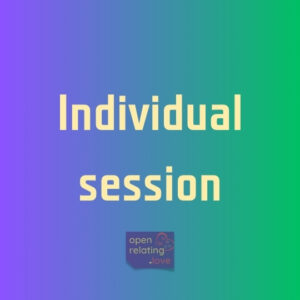 Coaching – for individuals£110
Coaching – for individuals£110



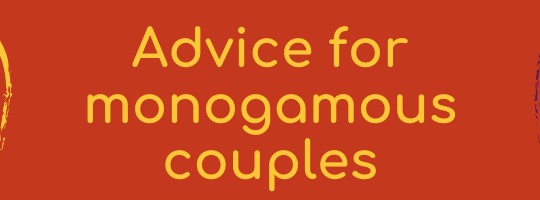
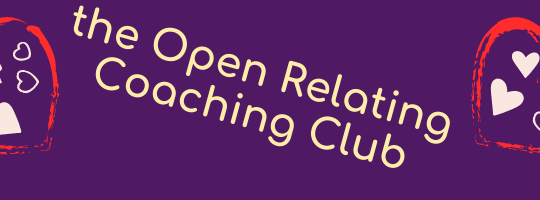

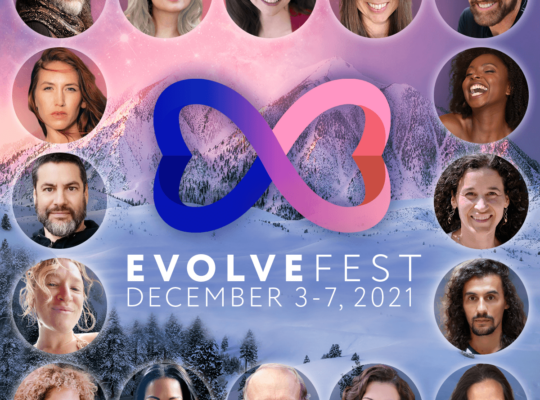
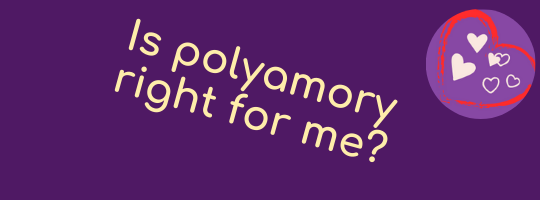
[…] that affects everyone in the dynamic. Rules cannot be ‘handed down’ to them, and couple’s privilege needs to be explicitly acknowledged and mitigated as much as […]
[…] reserves certain times, acts, words or feelings to the couple, this indicates a privilege. This blog post explains more about the impact of couple’s privilege in general and specifically in […]
[…] This article expands on what this kind of privilege looks like in practice and how you can begin to unpack it. […]
[…] can read more about how couples can unpack and address their unconscious couples’ privilege in this article or watch my talk about how to open up a relationship […]